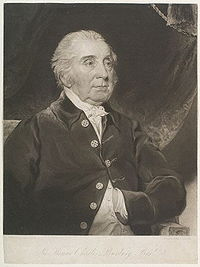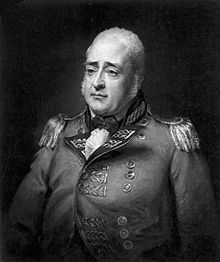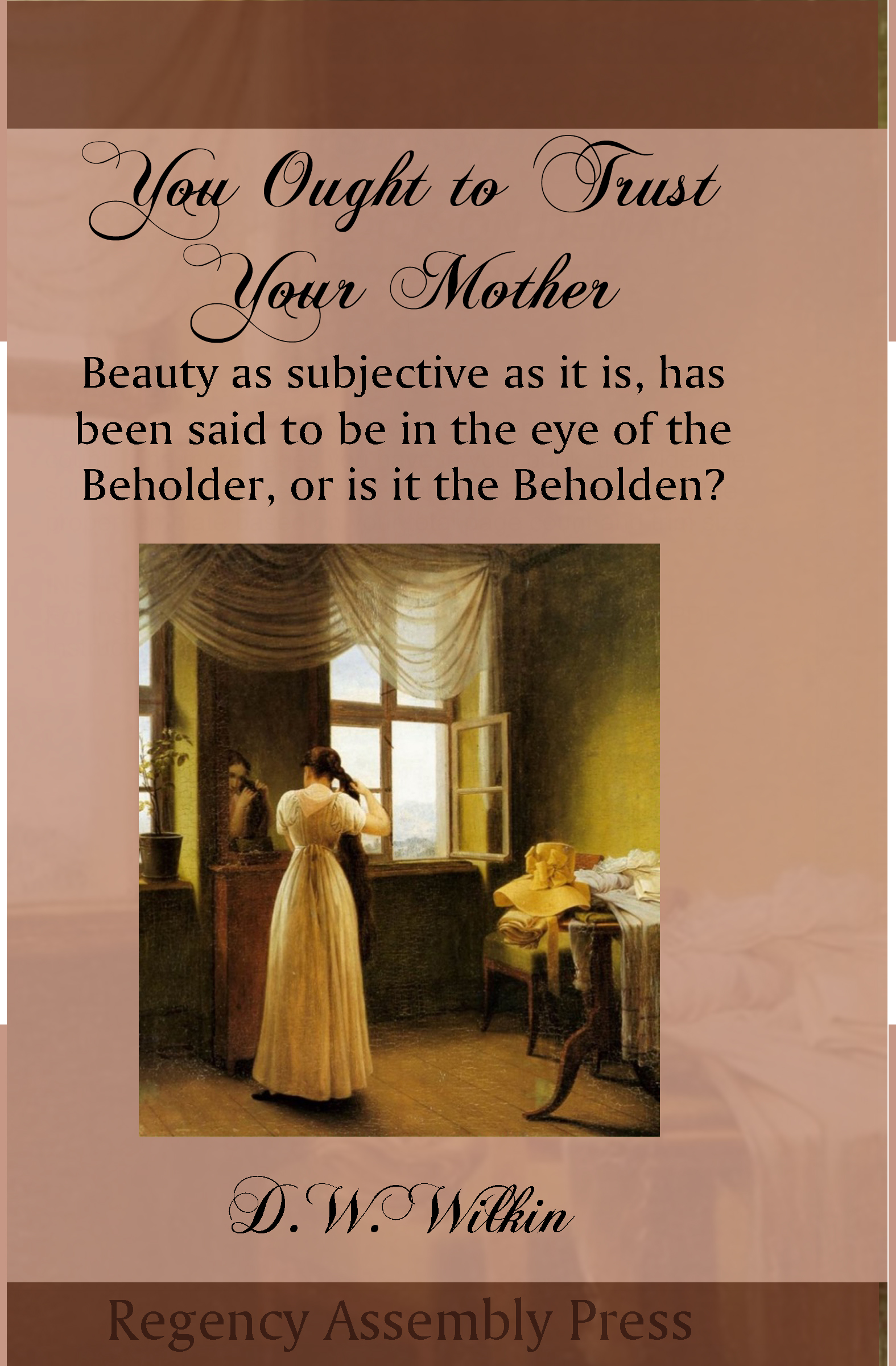Regency Personalities Series
In my attempts to provide us with the details of the Regency, today I continue with one of the many period notables.
Sir Charles Bunbury 6th Baronet
May 1740 – 31 March 1821

Charles Bunbury
Sir Charles Bunbury 6th Baronet was a British politician and the first husband of Lady Sarah Lennox.
Bunbury was the eldest son of Reverend Sir William Bunbury, 5th Baronet, Vicar of Mildenhall, Suffolk, and his wife Eleanor, daughter of Vere Graham. The caricaturist Henry Bunbury was his younger brother. He was educated at St Catharine’s College, Cambridge. Bunbury was returned to Parliament as one of two representatives for Suffolk in 1761, a seat he held until 1784 and again from 1790 to 1812. He was also High Sheriff of Suffolk in 1788.
Bunbury married firstly Lady Sarah, daughter of Charles Lennox, 2nd Duke of Richmond (a grandson of Charles II), and one of the famous Lennox sisters, in 1762. Their notorious marriage, which produced no children (although Sarah gave birth to a daughter by her lover Lord William Gordon in 1769), was dissolved by Act of Parliament in 1776 (on the grounds of Sarah’s adultery). He married secondly a woman by the name of Margaret sometime after 1776. There were no children from this marriage either. Bunbury died in March 1821, aged 80, and was succeeded by his nephew, Henry. Margaret, Lady Bunbury, died in February 1822.
Bunbury was an important figure in the field of horse-racing. He was a steward of the Jockey Club and his horses included the Epsom Derby winners Diomed, Eleanor and Smolensko.






























